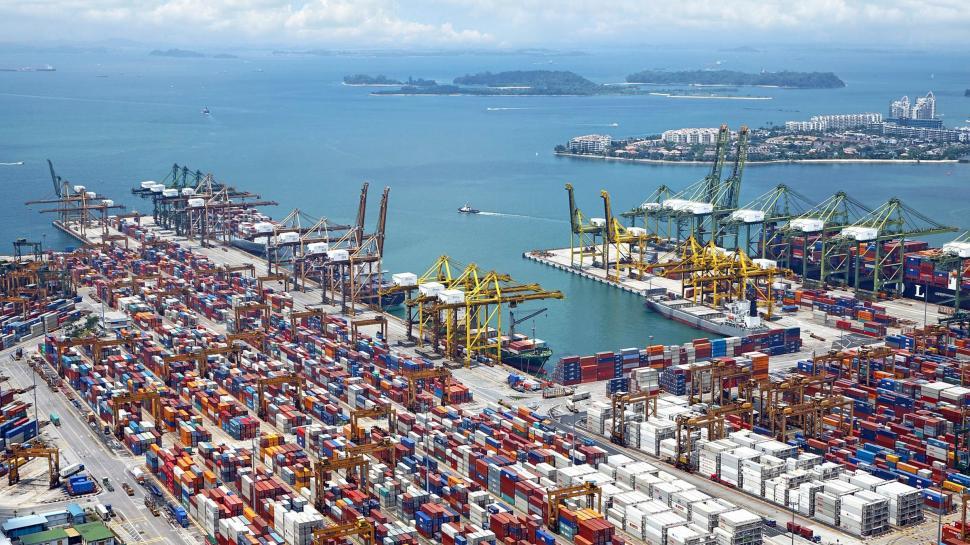Zeroing in on ports of high potential: Sustainable first mover initiatives are vital for identifying the most suitable locations for future fuel investment
By Dana G. Rodriguez and Dr. Charlie McKinlay
As global policies to advance the decarbonisation of shipping are to be implemented in the coming years, ports will play an important role in the transition, serving as key hubs for transport and energy systems. But ports are also home to large and diverse communities with their own unique local environmental impacts. While we strongly support first mover initiatives, such as green corridors and energy hubs, that are designed to play an important role in unlocking investments and scaling up fuels and technologies, we also want to ensure that the local socio-economic and environmental factors are more intentionally considered in the development of these hubs. If done right, inclusive and sustainable co-benefits for communities and the environment may be achieved, while also delivering emissions reductions globally.
To help shipping stakeholders align with a carefully managed transition, Lloyd’s Register Maritime Decarbonisation Hub and Environmental Defense Fund, in collaboration with Arup, have designed the Sustainable First Mover Initiative Identification Tool that identifies port locations that have the potential to deliver significant emission reductions while generating co-benefits, such as improved air quality, economic resilience and environmental sustainability. By scoping out ports of high potential, the tool can enable the development of sustainable first mover initiatives that maximize benefits to port communities and the environment.
Zeroing in on ports of high potential: Sustainable first mover initiatives are vital for identifying the most suitable locations for future fuel investment Share on XIt’s a concept that could prove especially interesting in the Global South — a region fundamental to driving shipping’s transition to electrofuels. Given the difference in capital resources globally, the rate of electrofuel adoption must be approached sensibly and proportionately, so that infrastructure and initiatives are developed at an even speed across regions. Taking this approach helps avoid unnecessary costs, which could end up being passed on to local communities.
The SFMI Tool is being launched alongside The Potential of Ports in Developing Sustainable First Movers Initiatives report, which outlines the first phase of the methodology behind the tool. It assesses the potential of 108 ports in the Indo-Pacific region to produce and bunker electrofuels, while delivering on environmental and community benefits. The tool is applied to three different scenarios, which include ports exploring fuel production and bunkering, ports exploring fuel exports, and ports exploring fuel imports and bunkering. Through a multicriteria analysis, the tool evaluated how ports delivered on five criteria: land suitability, air quality, renewable energy surplus, economic resilience, and ship traffic.
The ports were then ranked to determine which had high or promising potential. For example, preliminary results for ports that could produce and bunker electrofuels reveal that Jawaharlal Nehru Port Trust ports in India and Chittagong in Bangladesh are preforming well across all criteria and ranked as high potential.
The tool can be customized according to stakeholders’ needs and goals depending on scenario desirability; so long as the research remains in line with the objectives and the purpose of the tool.
With close to two billion people living near coastal zones globally, ports must ensure that any new infrastructure and activities implemented to support shipping’s decarbonisation are inclusive and bring benefits to those that live and work close by. The Sustainable First Mover Initiative Identification Tool can identify electrofuel production and bunkering opportunities and take into account factors that affect the local population and environment. The next phase of this work will involve a more comprehensive analysis in partnership with local shipping stakeholders and will include the selection and assessment of 10 ports to help better understand local needs and maximize the value offered by SFMIs.
The voyage to ensuring that this transition is inclusive will not be free of challenges. However, maximizing the benefits to port-side communities, especially in Global South regions will be essential to realising not just a shipping industry free of fossil fuels, but also thriving port-side communities.
Dana G. Rodriguez is a Senior Analyst of Global Shipping at Environmental Defense Fund. Dr. Charlie McKinlay is a Decarbonization Analyst at Lloyd’s Register.











